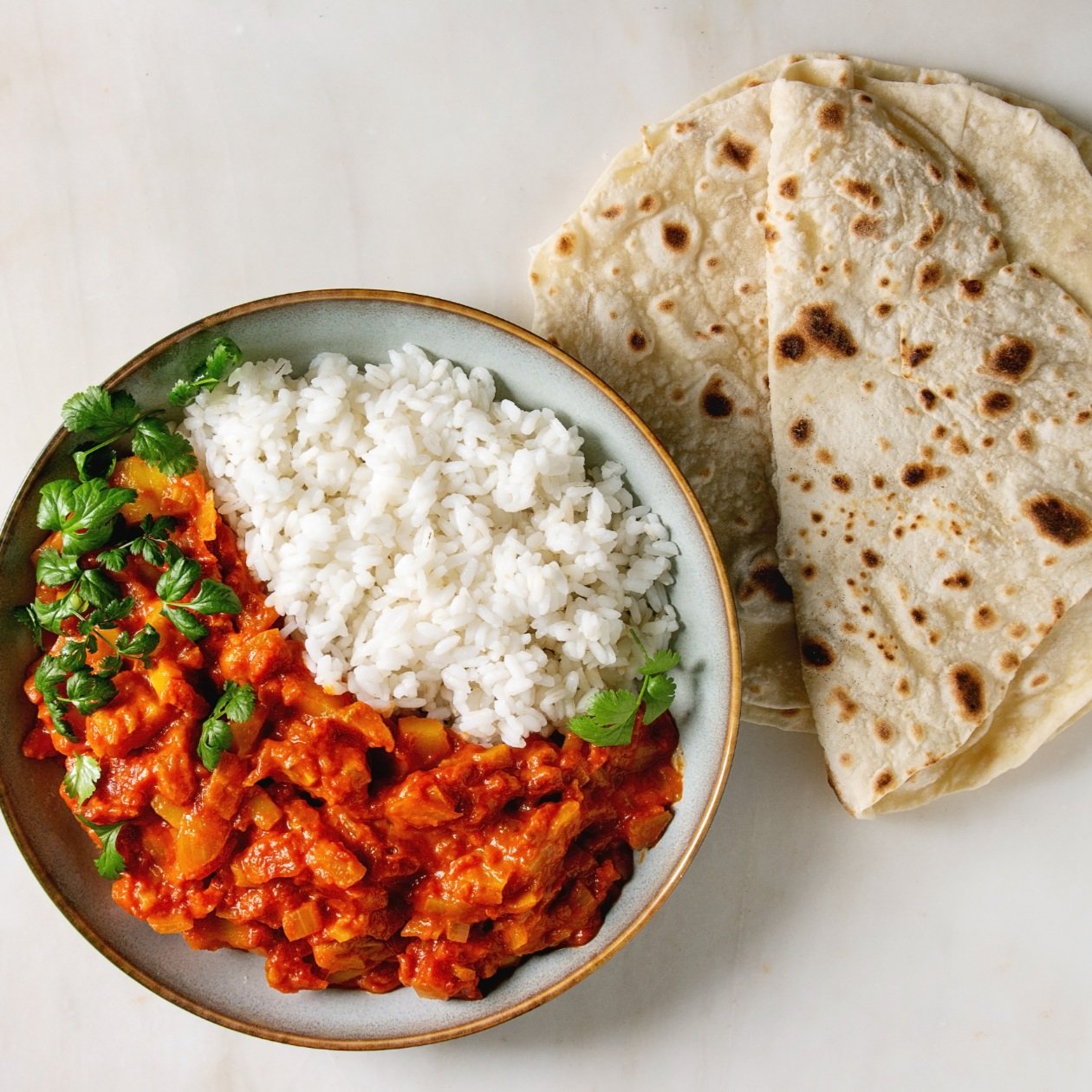Go Plant-Based and Save Money – Even Once a Week on Meatless Monday
A common lament is that going plant-based costs too much. However, it’s not true to say that your budget for groceries for a vegan lifestyle will go up even though some items such as Impossible burgers and Oatly ice cream cost more. In reality, you can save money by switching to a plant-based lifestyle, whether it’s just meatless Mondays or every day.
Vegan Can Cost More
It is true that plant-based meals can cost more. In mid-February, for example, two Impossible burgers cost $8.50 and two beef burgers cost $3.80 at a supermarket chain in Singapore. 500ml of Oatly ice cream at another chain cost $15.04, while three times as much Magnolia ice cream cost $5.00. At $13.10, a plant-based Whopper at Burger King costs about 43 percent more than a beef Whopper. Product after product seems to cost more.
While there are plant-based foods that cost more than meat, most vegetarians actually spend less than meat-eaters or people who eat a lot of processed alternative proteins such as Beyond Burger or Oatly. It is even possible to eat a protein-rich vegetarian diet on a tight budget.
Vegetarians and Vegans Actually Save Money
Vegetarians and vegans save money because the main ingredients they buy for most of their meals cost less than meat or alternative proteins. Just like how most meat eaters don’t buy high-priced caviar and wagyu beef every day, most vegetarians or vegans don’t buy high-cost plant-based burgers or ice cream all the time. For the everyday foods that most people actually do eat, plant-based is cheaper.
That statement is not just an empty assertion. It is backed up by research around the world, including here in Singapore.
When they compared the cost of seven sustainable diets to the typical diet in 150 countries, for instance, Oxford university researchers found that adopting a vegan or vegetarian diet could slash food bills by up to one third. Vegan diets were the most affordable and reduced food costs by up to one third, while vegetarian diets were a close second. The researchers did note that their study focused on the whole foods most people eat regularly and did not include highly processed meat replacements or eating at restaurants.
Research by Veganuary in the UK similarly showed that plant-based meals cooked at home cost 40 percent less than meat or fish-based dishes and also take a third less time to prepare. And the South China Morning Post in Hong Kong reported that along with reducing your risk of diabetes and cardiovascular disease while promoting gut health, eating mostly whole plant foods can lower your food costs significantly.
Here in Singapore, Prudential Singapore said a meatless diet could help you achieve more savings, since vegetables are generally priced lower than meat products. A vegan diet consists primarily of grains, fruits and vegetables, Prudential said, all of which can be obtained affordably at wet markets or local grocery stores.
And over time, even processed plant-based foods may cost less than animal-based foods. Blue Horizon and BCG mentioned in their research that the cost of plant-based foods may well decrease, for example, leading them to expect that even more consumers will add affordability to the list of reasons they opt for a vegetarian diet.
How to Eat for Less
While research and even just shopping in a supermarket show that plant-based foods cost less, a key question is what to shop for and how to prepare it.
Key ingredients include grains as well as plant-based protein sources such as legumes and nuts that had lower costs than vegetables and most animal products, according to renowned medical journal The Lancet. Research by data analytics firm Kantar similarly found that vegan diets often include unprocessed pulses, fruit and vegetables, which could result in a much cheaper food bill than someone who eats meat and dairy.
There are plenty of sources to turn those broad-based suggestions into practical shopping advice and recipes that deliver tasty and healthy plant-based meals.
HealthHub Singapore’s guide for vegetarians has excellent insights into how to shop. It notes that meals need to include plant-based proteins as part of a well-balanced diet, for instance, with a variety of food from each of the 4 food groups. Its My Healthy Plate has more suggestions, such as noting that plant-based sources of key nutrients such as iron, calcium and vitamin B12 are important.
The Centre for a Responsible Future (CRF) has guides to plant-based meals on its website as well as a link to a slew of recipes through YoRipe. There are also suggestions for restaurants that serve plant-based meals, when you want to take a break from cooking. CRF’s partner organisation, Veganuary, has a multitude of recipes from around the world on its website.
Online searches also yield many recipes locally in Singapore and abroad. Women’s Weekly in Singapore has 15 recipes for local dishes, for example, and there are plenty more.
High-Cost Plant-Based Lifestyles are a Myth
While the concept that plant-based foods and vegetarian or vegan meals cost more than meat, the reality is clearly different. With 46 percent of Singaporeans saying they are vegetarian or flexitarian and more saying they may shift in that direction, being able to save money is yet another benefit of a lifestyle that helps their health, the planet and now their pocketbook.
By Richard Hartung
Richard is currently the Treasurer of Centre for a Responsible Future. He has more than 20 years of experience in consumer financial services and is also a freelance writer for newspapers, magazines and corporates, with a deep interest in sustainability and plant-based diets.





